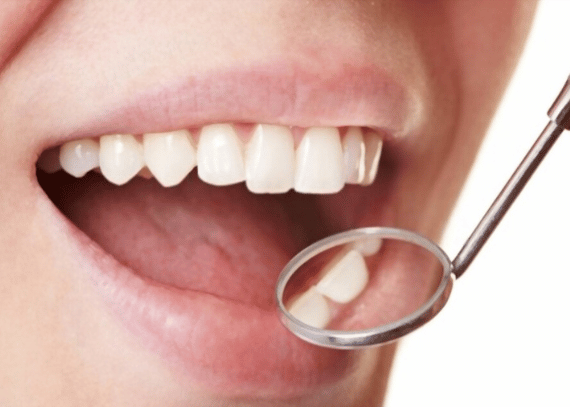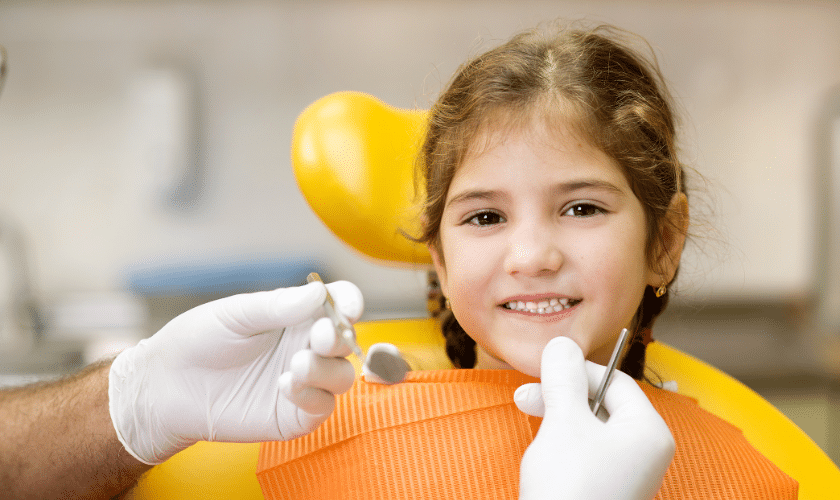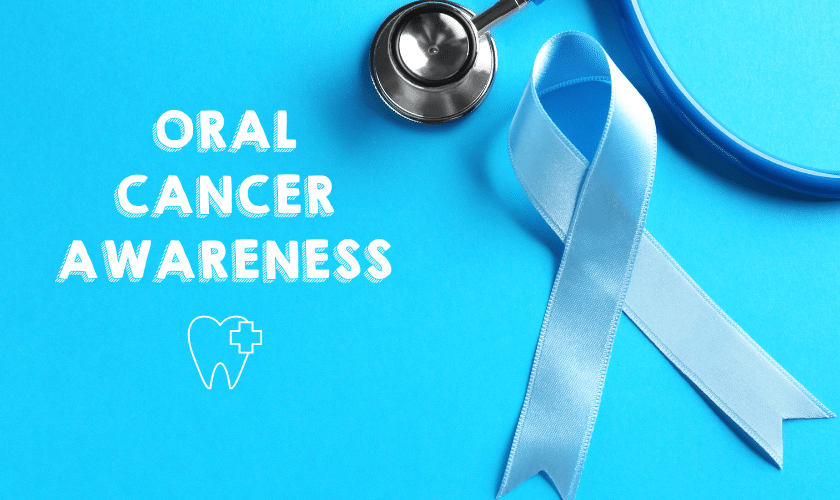
Everything You Need To Know About Preventive Dentistry
Preventive dentistry can play a vital role in maintaining good oral health. Do you have a clear idea about what it is? Well, preventive dental care can be defined as a combination of dental checkups regularly accompanied by executing the steps related to oral hygiene such as flossing, brushing, rinsing your mouth with mouthwash, etc. We believe that preventive dental care should start from a very early age. To sum it up in a line, the earlier you start taking off your gums and teeth the better it will be for you in the long run.
The Common Preventive Dentistry Services
People often remain confused about what all fall under the catering category of preventive dentistry. We always try to impart knowledge about dental treatments as lack of information can be the reason for confusion. Keeping this in mind, we have provided the common prevent dental services in the pointers below:
- Regular oral exams that are done after 6 months
- Routine dental X-rays
- Teeth cleaning done at a dental office
Nowadays, most dental insurance policies cover preventive dentistry services. So, you do not need to even worry about the expenditure (if you have dental insurance) of undergoing preventive care at a dental office nearby.
What Role Should You Play In Preventive Dental Care?
Along with going for regular dental checkups, oral exams, teeth cleaning, etc, there are certain other preventive measures that you should adopt to ensure the well-being of your oral health. They are:
- Brush your teeth – Brushing at least twice a day is a must if you want healthy gums and teeth. It helps to get rid of the food particles stuck on your gum line and in between the teeth. Leaving these remnant food particles leads to the formation of plaque. Now plaque is a yellow film-like substance that consists of harmful bacteria. The plaque can ultimately get hardened and form tartar (can only be removed by a dental professional). The buildup of plaque and tartar can be the reason for serious dental problems if not removed. Always use a toothbrush that has softer bristles. Brushing your teeth with hard bristles can harm your enamel (the outermost layer of the human teeth) and contribute to the chances of suffering from tooth decay. Also, it is advisable to maintain a time gap of 30 minutes to 1 hour between eating and brushing your teeth. In case you suffer from the issue of teeth sensitivity, do use a toothpaste that is specifically made for sensitive teeth. Be gentle while moving the toothbrush on your teeth and along the gum line. If you have any further confusion, do consult your dentist. He/she can suggest the perfect toothbrush and toothpaste for you and give instructions about the proper technique of brushing.
- Floss your teeth – Flossing is equally important as brushing your teeth. A piece of floss helps to clean the areas in your mouth that cannot be reached by a toothbrush. Dentists advise flossing before brushing for more effective results. Flossing regularly reduces the probability of you suffering from gum disease and other dental problems.
- Use a mouthwash – Rinsing your mouth with an antibacterial mouthwash can help to fight against the infection-causing bacteria in your mouth. There are different kinds of mouthwashes available in today’s time. You can choose the one that fulfills your oral needs.
- Eat healthily – You are advised to avoid sugary and acidic food items or beverages. Are you wondering why? The acidic food items can be harmful to the enamel. On the other hand, the human mouth consists of harmful bacteria that thrive in the presence of sugar particles. You should include more fruits and vegetables in your daily diet for better oral health.
- Do not smoke – It has been seen that people who smoke compromise their oral health. They are more likely to suffer from oral cancer and other dental problems i. e gum disease.
- Use a mouthguard – Always wear a mouthguard while participating in sports activities. This will help you to prevent oral injuries. Dentists recommend wearing a nighttime mouthguard to reduce gum recession or to resolve the issue of teeth cleaning while sleeping.
- Drink water – People often do not realize that drinking an adequate amount of water is important to keep your teeth healthy. The reason behind it is pretty simple. Less intake of water can affect the production of saliva. The saliva is mainly responsible for fighting against the harmful bacteria in your mouth and also washing away the food particles stuck on your teeth and gums. So, less saliva creates an ideal circumstance for the growth of bacteria and as a result, increases the risk factor of suffering from dental problems.
What Are The Benefits Of Preventive Dentistry?
We have come up with the benefits of preventive dentistry. Go through them and know the exact reasons to visit your dentist for preventive dental care.
- It reduces the chances of suffering from gum disease, tooth decay, and other severe dental problems.
- Going for preventive dental treatments helps to improve good oral hygiene habits such as flossing, brushing, and using mouthwash.
- Getting your oral health checked by a dentist helps to diagnose a dental problem at an early stage, saving you from the trouble of facing critical situations.
- Reduces the chances of you suffering from chronic medical conditions such as osteoporosis, diabetes, eating disorders, cancer, etc.
We hope that you have now gained a clear understanding of preventive dentistry and its importance. Contact Palatine Dental Associates if you are looking for the best preventive dental care in Palatine, IL, and nearby. We think ourselves fortunate to have a team of dentists and other professionals who are adept at dealing with any sort of dental problem with ease. So why wait anymore? Schedule an appointment to consult our dentists today!





